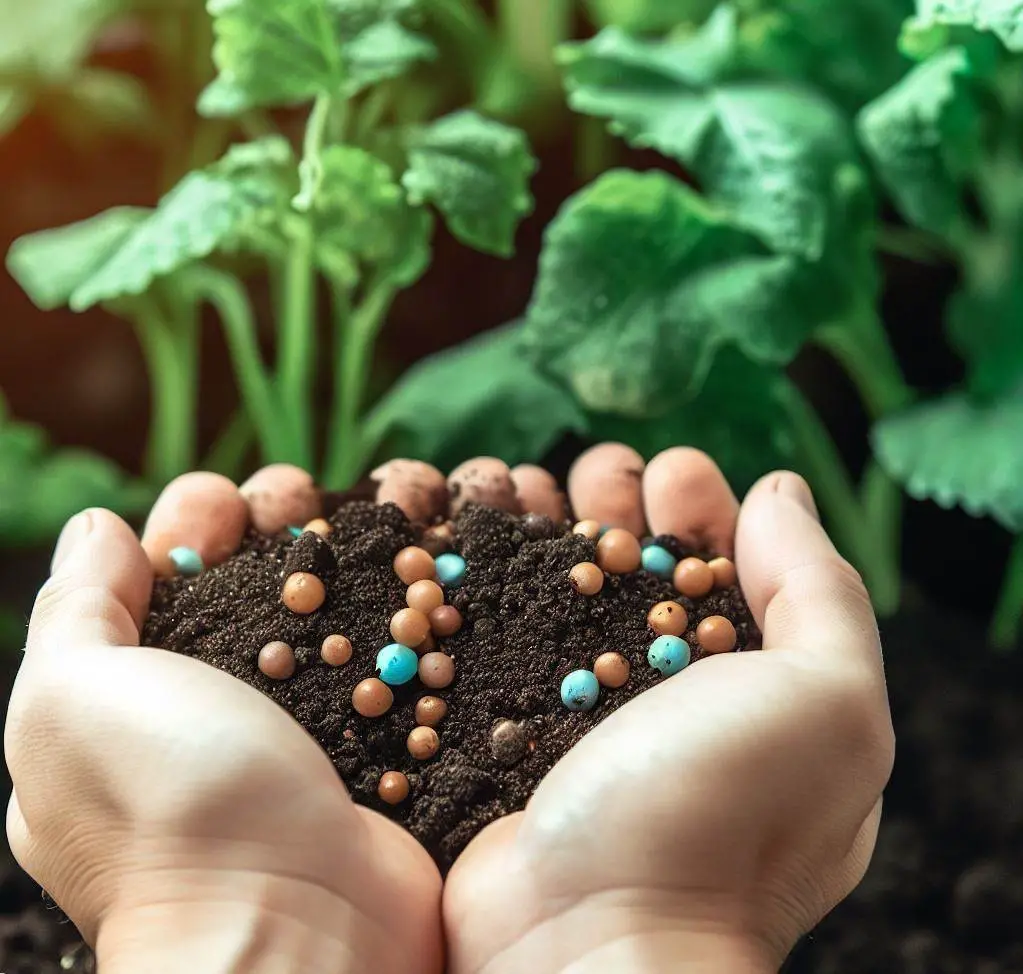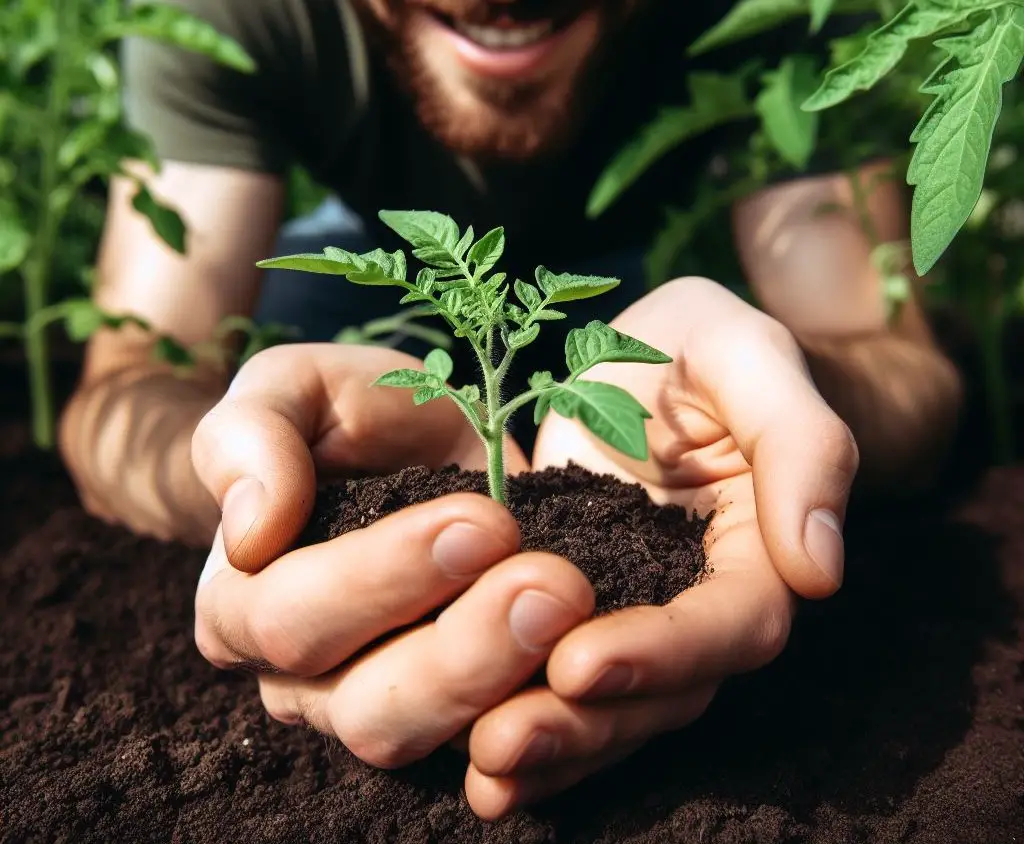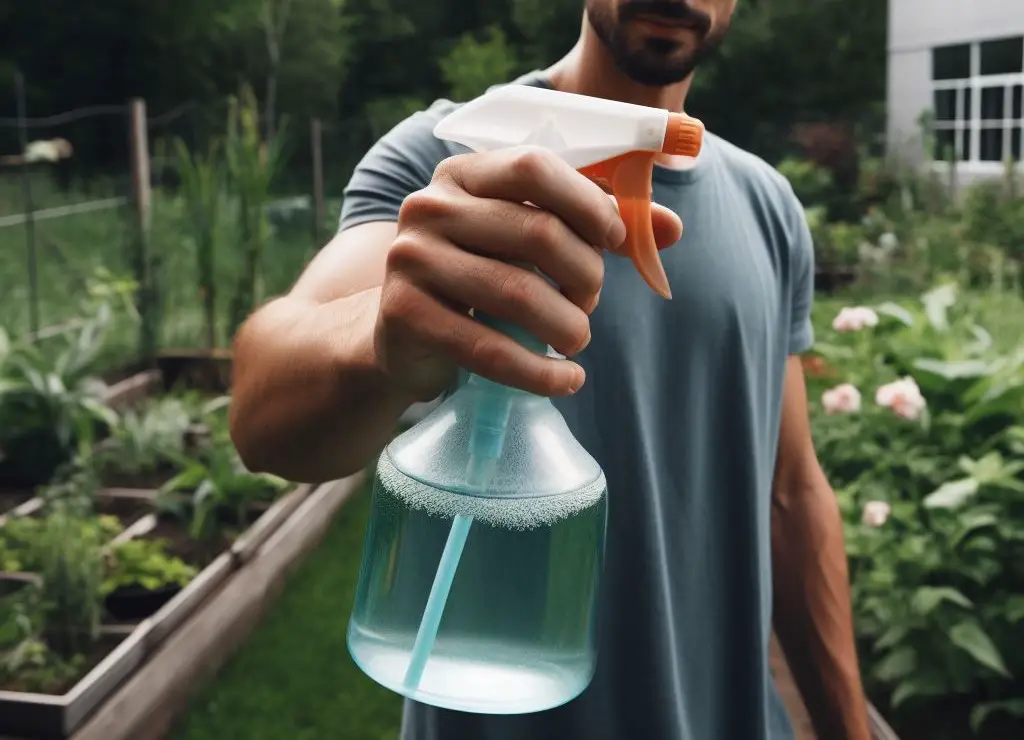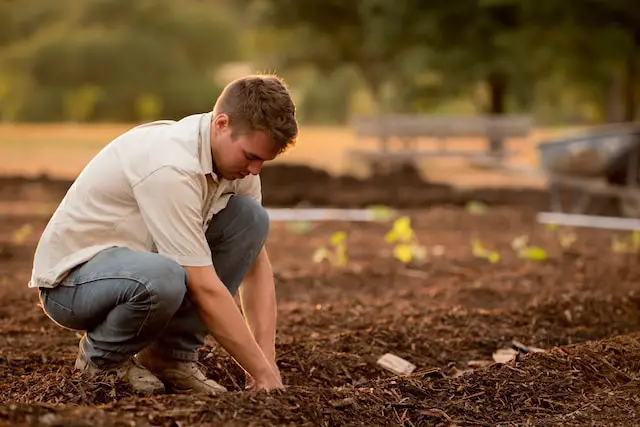
Why You Should Use Compost and Vermicomposting to Improve Soil Health
If you’re looking to improve the health of your soil and promote a thriving garden, composting and vermicomposting are two organic practices that you should consider. Compost and vermicomposting are excellent ways to recycle organic waste and create nutrient-rich soil amendments. In this article, we will explore the benefits of using compost and vermicomposting and how they can enhance the health of your soil.
What is Compost?
Compost is a dark, crumbly substance that is created through the decomposition of organic matter such as kitchen scraps, yard waste, and plant materials. It is a natural process that mimics the way organic matter breaks down in nature. Composting not only reduces waste but also transforms it into a valuable resource for your garden.
Compost is rich in nutrients, including nitrogen, phosphorus, and potassium, which are essential for plant growth. It also improves soil structure, enhances water retention, and promotes beneficial microbial activity. By adding compost to your soil, you can create a healthy and fertile environment for your plants to thrive.
Benefits of Using Compost
Using compost in your garden offers numerous benefits:
| Benefits of Compost |
|---|
| Improves soil structure |
| Enhances water retention |
| Increases nutrient availability |
| Promotes beneficial microbial activity |
| Reduces the need for chemical fertilizers |
| Suppresses plant diseases |
| Reduces soil erosion |
By incorporating compost into your soil, you can improve its structure, making it easier for plant roots to penetrate and access nutrients. The increased water retention capacity of compost helps to prevent soil erosion and reduces the need for frequent watering. Compost also acts as a natural fertilizer, slowly releasing nutrients over time and reducing the reliance on chemical fertilizers.
Furthermore, compost promotes the growth of beneficial microorganisms in the soil, which aid in nutrient cycling and disease suppression. These microorganisms break down organic matter, making nutrients more available to plants and helping to control harmful pathogens.
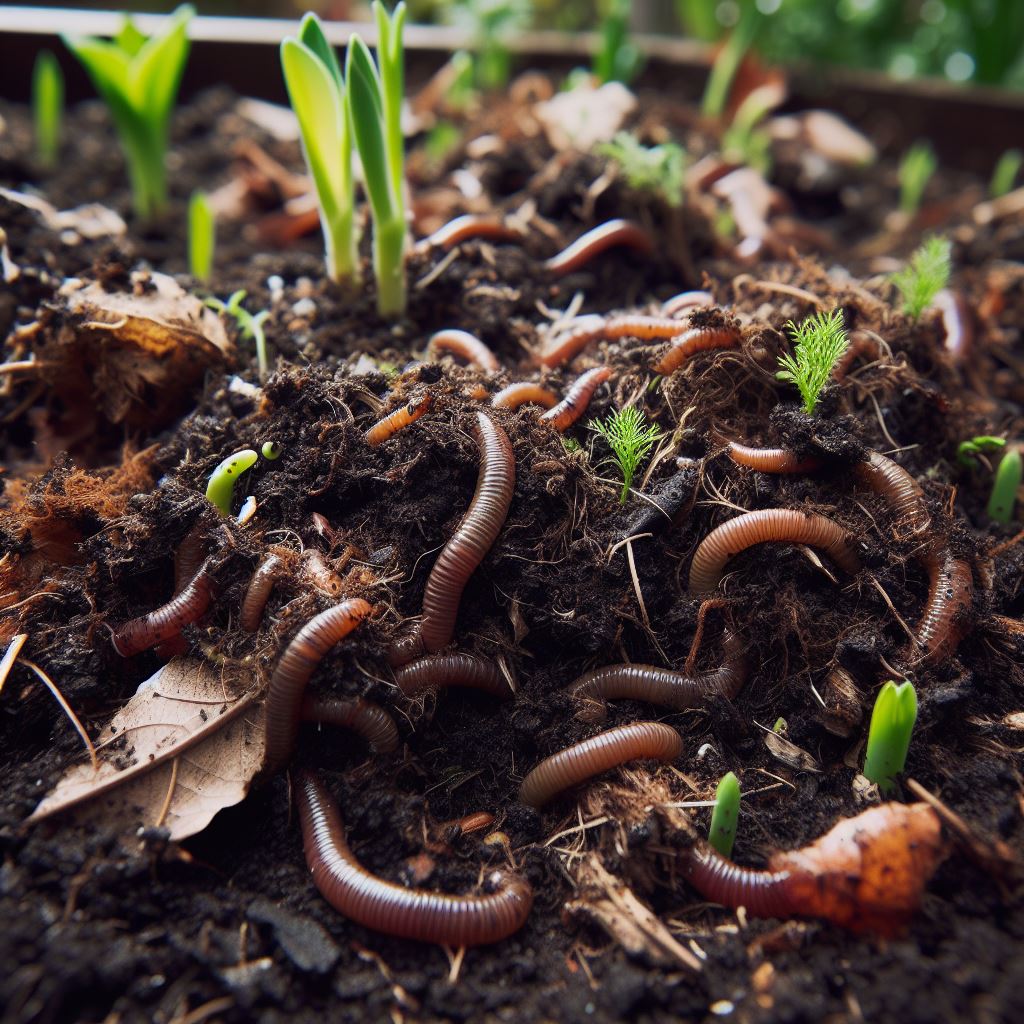
What is Vermicomposting?
Vermicomposting is a process that involves the use of earthworms to decompose organic waste and produce nutrient-rich vermicompost. Earthworms consume organic matter and excrete nutrient-rich castings, which are highly beneficial for plants.
Vermicomposting can be done indoors or outdoors, making it a versatile option for gardeners with limited space. It is an efficient and sustainable way to recycle kitchen scraps and other organic waste while creating a valuable soil amendment.
Read more: How to Prepare Soil for Planting and Growing Vegetables
Benefits of Using Vermicompost
Using vermicompost in your garden offers several advantages:
| Benefits of Vermicompost |
|---|
| Improves soil structure and aeration |
| Enhances nutrient availability |
| Increases water-holding capacity |
| Stimulates plant growth and development |
| Suppresses plant diseases |
| Enriches soil with beneficial microorganisms |
Vermicompost improves soil structure and aeration, allowing for better root development and nutrient uptake. It also enhances the availability of essential nutrients, such as nitrogen, phosphorus, and potassium, promoting healthy plant growth. The increased water-holding capacity of vermicompost helps to prevent water stress in plants and reduces the frequency of irrigation.
Additionally, vermicompost contains beneficial microorganisms that contribute to the overall health of the soil. These microorganisms help break down organic matter, release nutrients, and suppress harmful pathogens, creating a balanced and thriving ecosystem for your plants.
Using Compost and Vermicompost in Your Garden
To improve soil health and maximize the benefits of compost and vermicompost, follow these tips:
- Start by preparing your compost pile or vermicomposting bin. Choose a suitable location that is well-drained and easily accessible.
- Collect organic waste such as kitchen scraps, yard trimmings, and leaves. Avoid adding meat, dairy products, and oily materials to your compost or vermicomposting system.
- Layer the organic materials in your compost pile or vermicomposting bin, alternating between green (nitrogen-rich) and brown (carbon-rich) materials. This helps create a balanced composting environment.
- Monitor the moisture level of your compost or vermicomposting system. It should be moist but not waterlogged. Add water if necessary to maintain the right moisture content.
- Turn or mix the compost pile regularly to promote decomposition and prevent odors. In the case of vermicomposting, avoid disturbing the worms too frequently.
- Allow the compost or vermicompost to mature for several months before using it in your garden. This ensures that any potential pathogens or weed seeds are fully broken down.
- Apply compost or vermicompost to your garden beds by spreading a layer on the soil surface and gently incorporating it into the top few inches of soil.
- Repeat the application of compost or vermicompost annually or as needed to maintain soil fertility and health.
By incorporating compost and vermicompost into your gardening routine, you can improve the health of your soil, reduce waste, and promote sustainable gardening practices. These organic practices provide a natural and effective way to nourish your plants and create a thriving garden ecosystem.
Frequently Asked Questions
1. Can I use compost and vermicompost together?
Absolutely! Compost and vermicompost can be used together to maximize the benefits for your soil. The combination of these two organic amendments will provide a diverse range of nutrients and beneficial microorganisms, promoting a healthy and balanced soil ecosystem.
2. How long does it take to make compost?
The time it takes to make compost can vary depending on various factors such as the materials used, the size of the compost pile, and the environmental conditions. Generally, it takes anywhere from a few months to a year for compost to fully mature. Regular turning and proper moisture management can help speed up the composting process.
3. Can I use compost and vermicompost for indoor plants?
Yes, both compost and vermicompost can be used for indoor plants. However, it’s important to use well-matured compost or vermicompost and avoid over-applying to prevent any potential odor or pest issues. Mix a small amount of compost or vermicompost into the potting mix or use it as a top dressing for your indoor plants.
4. Can I use compost and vermicompost on my lawn?
Yes, compost and vermicompost can be beneficial for your lawn. Apply a thin layer of compost or vermicompost over the lawn and gently rake it into the soil. This will help improve the soil structure, enhance nutrient availability, and promote a healthier lawn.
Conclusion
Compost and vermicomposting are valuable tools for improving soil health and promoting sustainable gardening practices. By recycling organic waste and creating nutrient-rich soil amendments, you can create a thriving garden ecosystem.
Whether you choose to use compost, vermicompost, or a combination of both, your plants will benefit from increased nutrient availability, improved soil structure, and enhanced microbial activity. Start composting and vermicomposting today to reap the rewards of healthier soil and more productive gardens!


